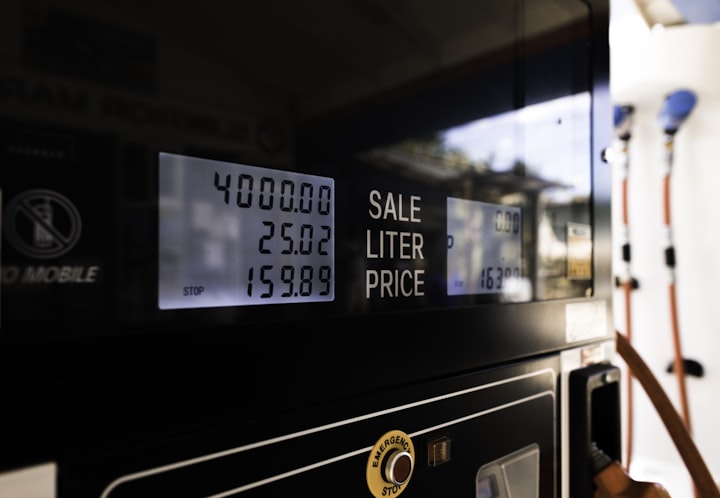
Fuel subsidies can have significant economic consequences for a country, encompassing both positive and negative impacts. While subsidies are implemented with the aim of providing economic benefits, they can also create fiscal challenges and distort market dynamics. Here, we will explore the economic implications of fuel subsidies on a country's budget, inflation, and overall economic stability.
Budget Implications:
Fuel subsidies exert pressure on a country's budget due to the substantial costs associated with them. Governments often bear the financial burden of subsidizing fuel prices, resulting in increased public expenditure. This can strain public finances, especially when subsidies are not properly targeted or when global oil prices fluctuate. The diversion of funds towards subsidies reduces the availability of resources for other crucial sectors, such as healthcare, education, infrastructure, and social welfare programs. As a consequence, the government may face challenges in meeting its fiscal responsibilities and achieving long-term economic goals.
Inflation:
Fuel subsidies can influence inflation levels within an economy. When the government absorbs a portion of the fuel costs, it effectively keeps consumer prices artificially low. This can contribute to higher consumer demand for fuel, leading to increased consumption. As demand rises, so does the money supply required to purchase fuel, potentially fueling inflationary pressures. Moreover, subsidies can create a disincentive for energy efficiency and conservation, exacerbating energy consumption and putting further pressure on prices. The net effect of fuel subsidies on inflation will depend on various factors, including the overall economic situation, energy consumption patterns, and the effectiveness of monetary policy measures.
Distortions in Market Dynamics:
Fuel subsidies can distort market dynamics by influencing the supply and demand of energy products. Subsidized fuel prices create an artificial price signal that does not accurately reflect market conditions, leading to inefficient resource allocation. Lower fuel prices encourage higher consumption, which may not be sustainable in the long term. Additionally, subsidies can disincentivize investment in alternative energy sources and innovative technologies, as they make traditional fossil fuels comparatively more attractive. This can hinder the development of a diversified and sustainable energy sector, limiting opportunities for economic growth and environmental sustainability.
Subsidy Rationalization and Reforms:
Recognizing the economic challenges associated with fuel subsidies, many countries have initiated subsidy rationalization programs or undertaken reforms to reduce the financial burden. Governments may implement gradual reductions in subsidies, implement price liberalization measures, or adopt targeted subsidy programs to ensure assistance reaches those in need while reducing the strain on the budget. These reforms aim to create a more efficient and sustainable energy sector, enhance fiscal stability, and allocate resources to priority areas of the economy.
Macroeconomic Stability:
The overall economic stability of a country can be affected by fuel subsidies. Excessive reliance on subsidies can make an economy vulnerable to external shocks, such as changes in global oil prices. Sharp increases in oil prices can strain the budget and lead to fiscal imbalances. Additionally, subsidies can distort price signals, impeding market efficiency and creating uncertainty for investors. A balanced approach that considers long-term economic sustainability, fiscal prudence, and market dynamics is crucial for maintaining macroeconomic stability.
In conclusion, fuel subsidies have multifaceted economic implications. While they aim to provide short-term relief to consumers and mitigate social hardships, their long-term impact can strain public finances, contribute to inflationary pressures, and distort market dynamics. Careful consideration of subsidy reforms, targeted assistance programs, and sustainable energy policies is necessary to ensure economic stability, fiscal responsibility, and a transition towards cleaner and more efficient energy systems.





Comments
There are no comments for this story
Be the first to respond and start the conversation.